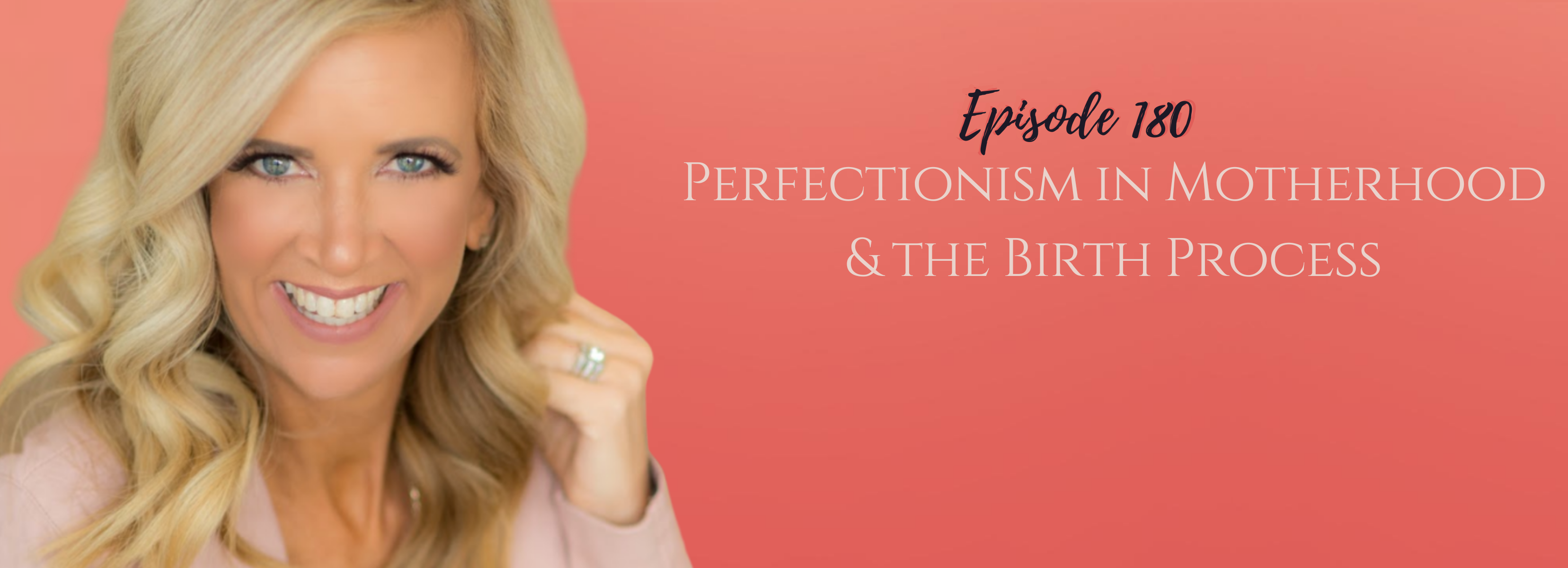
Perfectionism in Motherhood & the Birth Process with Amelia Kriss, CPCC, RDT| 09.28.2022
In this episode, Kristen talks with Amelia Kriss, CPCC, RDT, about how to overcome perfectionism and guilt in motherhood and some helpful ways to explore and heal birth story and trauma.
You'll Learn
- How previous trauma can impact expectant mothers
- Why birth story matters
- How to overcome perfectionism and guilt in motherhood
Resources
https://ameliakriss.com/soft-cheese
For counseling services near Indianapolis, IN, visit www.pathwaystohealingcounseling.com.
Subscribe and Get a free 5-day journal at www.kristendboice.com/freeresources to begin closing the chapter on what doesn’t serve you and open the door to the real you.
Subscribe to the Close the Chapter YouTube Channel
This information is being provided to you for educational and informational purposes only. It is being provided to you to educate you about ideas on stress management and as a self-help tool for your own use. It is not psychotherapy/counseling in any form.